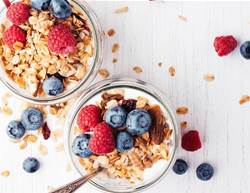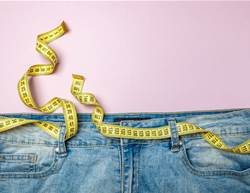If you've ever tried to lose weight, you know there are certain breakfast foods that aren't going to do you any favours. Eliminating these foods from your breakfast is a no-brainer (sorry, doughnuts). But there are also some seemingly healthy morning options that can stand in the way of your weight loss efforts.
Any foods with excess sugar, salt or saturated fat will leave you hangry, bloated and lethargic a few hours later, increasing the likelihood that you'll consume more calories in the afternoon and evening. Here are the 4 worst breakfast foods to eat if you're trying to lose weight, and what you should swap in instead.
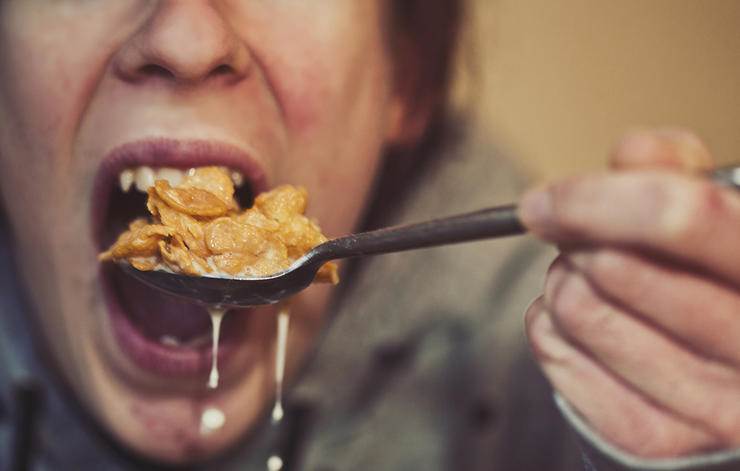
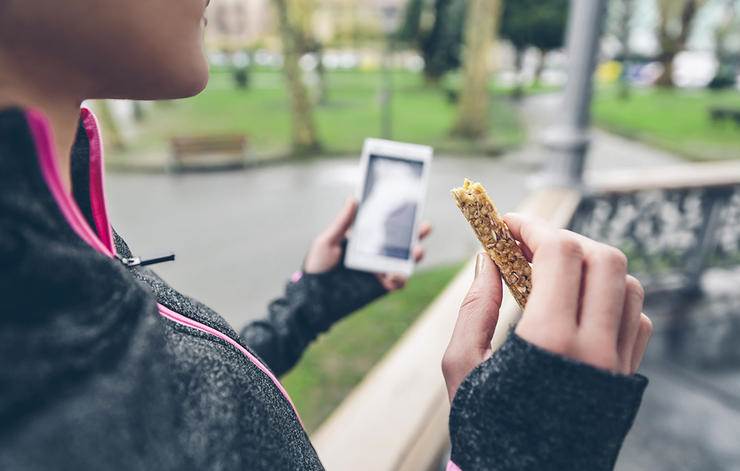
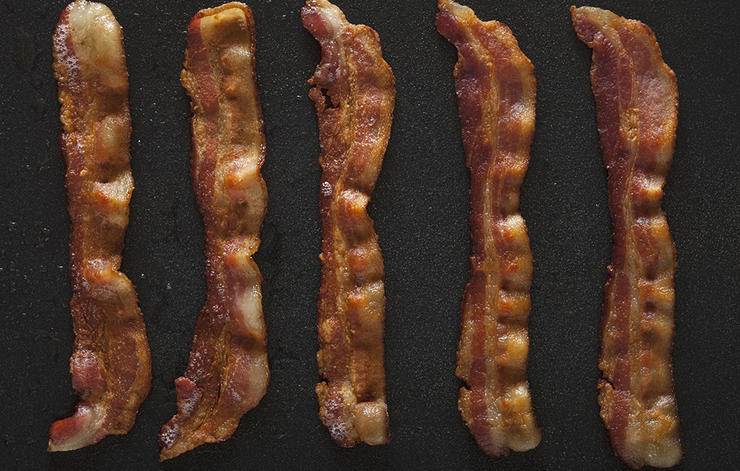
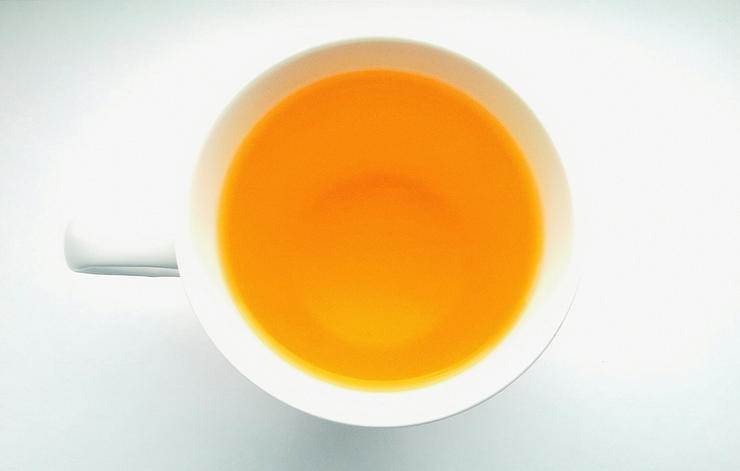
Sally Anscombe/Getty Images
Cereal
Many are laden with added sugar, which provides only calories, without offering any nutritional benefits, says dietitian Sara Haas. Sugary cereals can lead to a rollercoaster of blood sugar spikes and crashes, and since they lack essential protein and fibre, you'll feel hungry only a few hours later. If you want cereal in the morning, reach for ones that contain 10 grams of sugar or less, and opt for whole-grain options, which will keep you feeling fuller longer.
westend61/Getty Images
Energy bars
"People automatically assume bars are healthy, but they typically have the same ingredients as a cookie, if not more sugar," says dietitian Wesley Delbridge. That's true even of whole-grain bars that are sprinkled with oats. Carefully read the labels on any store-bought varieties, and choose ones with 8 grams of sugar or less.
Mike Kemp/Getty Images
Meat
Paleo devotees listen up: Not all meats are created equal. Watch out for processed meats—such as bacon and sausage—specifically. They're packed with sodium and saturated fat, says Haas. Because protein helps you feel fuller longer, it is helpful to eat protein in the AM—just make sure that you're getting it from healthy sources. Try incorporating plant-based proteins such as beans for more lean and nutritious options.
Artyom Chuguevsky/Eyeen/Getty Images
Juice
Choosing a piece of fruit or a vegetable over its juice counterpart will give you more fibre, says Delbridge. Plus, the appropriate serving size for juice is much smaller than you'd expect. Registered dietitians recommend drinking just 200mL of juice per day, which is less than a cup. So opt for only a small amount of juice, or skip it entirely and add fruits and vegetables to your morning meal instead.





